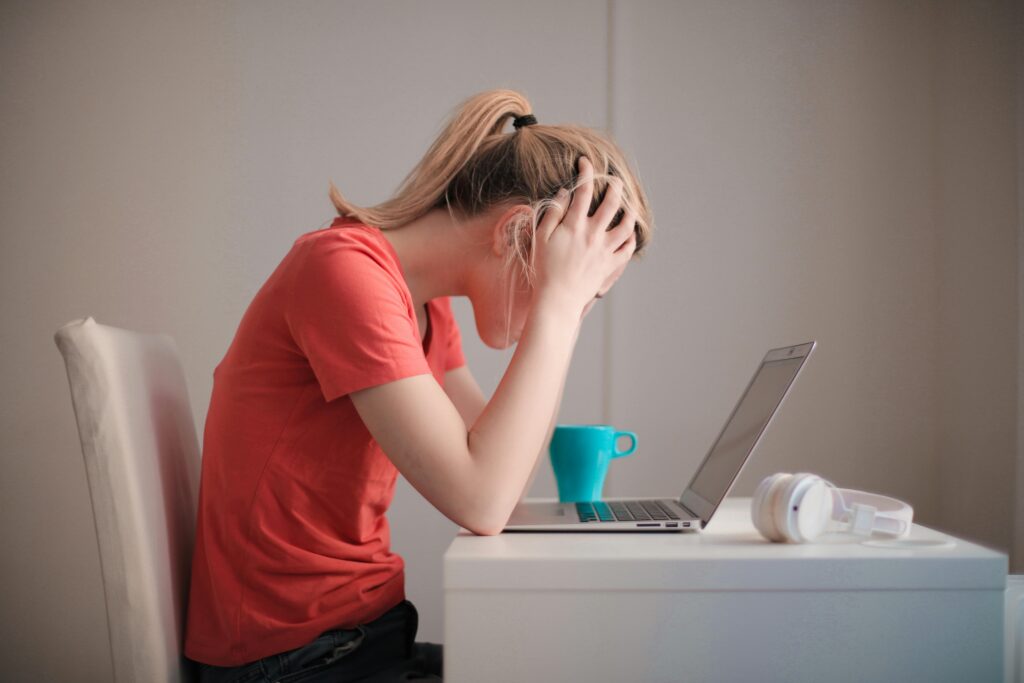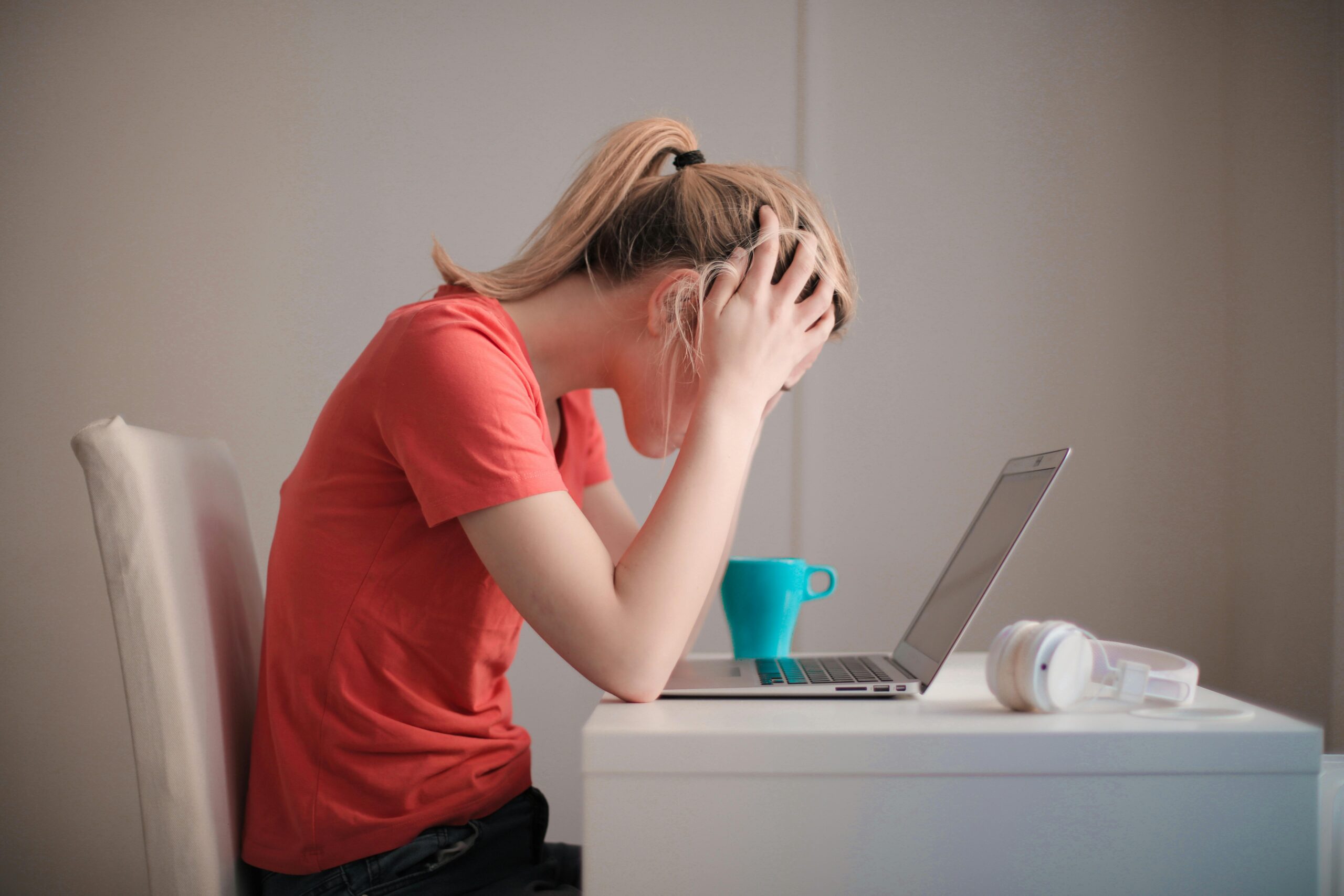Anxiety is a universal human experience, but for some, it can become overwhelming. People in Edina, MN, seeking mental health support may ask, “How does anxiety work?” and “Will anxiety medication help?” This blog offers clear, actionable insights into anxiety, its causes, symptoms, and potential treatments. If you or a loved one is struggling, Integro Recovery Clinic is here to help.
What is Anxiety?
Anxiety is the body’s natural response to stress. It’s a feeling of fear or apprehension about what’s to come, often linked to uncertainty. Occasional anxiety is normal, but when it persists or intensifies, it may be a sign of an anxiety disorder.
According to the DSM-5, anxiety disorders are characterized by excessive fear, worry, and related behavioral disturbances. Types include Generalized Anxiety Disorder (GAD), Panic Disorder, and Social Anxiety Disorder.
How Anxiety Works – Understanding Roots and Solutions
Anxiety is a complex interaction between the brain, body, and environment. Here’s a breakdown of how it works:
- The Brain’s Role
- The amygdala, a small structure in the brain, detects threats and activates the fight-or-flight response.
- This response triggers the hypothalamus to release stress hormones like adrenaline and cortisol, increasing heart rate and alertness.
- Physical Symptoms
- Racing heart (tachycardia)
- Rapid breathing (hyperventilation)
- Sweating and muscle tension
- Digestive issues (nausea, upset stomach)
- Emotional and Cognitive Impact
- Irrational fears
- Constant worry or dread
- Trouble concentrating
- Sleep disturbances
- Behavioral Changes
- Avoidance of situations or places that trigger anxiety
- Social withdrawal
Causes of Anxiety
Anxiety can stem from multiple factors:
- Biological Factors: Imbalances in neurotransmitters like serotonin, dopamine, and norepinephrine.
- Environmental Factors: Stressful life events, trauma, or ongoing stress at work or in personal life.
- Genetics: Family history of anxiety or mental health disorders.
- Substance Use and Withdrawal: Use of certain substances or withdrawal from them can trigger anxiety symptoms.
Will Anxiety Medication Help?
Many people wonder if medication can relieve anxiety. The answer is yes, but it depends on the person’s specific situation. Anxiety medications are a vital part of a comprehensive treatment plan. Here’s a closer look:
Types of Medications for Anxiety
- Selective Serotonin Reuptake Inhibitors (SSRIs)
- Commonly prescribed for anxiety and depression.
- Examples: Sertraline, Fluoxetine, Escitalopram.
- Serotonin-Norepinephrine Reuptake Inhibitors (SNRIs)
- Used for anxiety and chronic pain conditions.
- Examples: Venlafaxine, Duloxetine.
- Benzodiazepines
- Used for short-term relief of acute anxiety.
- Examples: Alprazolam (Xanax), Lorazepam (Ativan).
- Note: They are habit-forming and typically used for short-term relief.
- Buspirone
- Specifically approved for Generalized Anxiety Disorder (GAD).
- Non-habit forming, making it safer for long-term use.
- Beta-Blockers
- Used for physical symptoms like rapid heart rate and shaking.
- Example: Propranolol.
How Effective are Anxiety Medications?
Research shows that anxiety medications can significantly reduce symptoms in most people. However, medications often work best when combined with psychotherapy. Therapy helps individuals identify the root cause of their anxiety and develop coping skills.
Natural Alternatives to Medications
If you’re not ready to try medication, several natural approaches can help:
- Cognitive Behavioral Therapy (CBT): One of the most effective treatments for anxiety.
- Mindfulness and Meditation: Helps train the brain to stay present and reduce worry about the future.
- Exercise: Regular physical activity releases endorphins, which naturally reduce stress.
- Breathing Exercises: Techniques like 4-7-8 breathing can calm the nervous system.
- Sleep Hygiene: Quality sleep is essential for mental well-being. Avoid screens before bedtime and stick to a sleep schedule.
Anxiety and Addiction: A Complex Relationship
Anxiety and addiction are often intertwined. People with anxiety disorders are more likely to use substances to self-medicate. Unfortunately, substance use can worsen anxiety over time.
Substance-induced anxiety occurs when drug or alcohol use triggers anxiety. This is most common with:
- Alcohol: Can cause rebound anxiety after consumption stops.
- Stimulants: Caffeine, cocaine, and amphetamines are known to cause anxiety-like symptoms.
- Marijuana: While it’s sometimes used for relaxation, it can cause panic attacks in some users.
Treatment for co-occurring disorders (anxiety and substance use) requires an integrated approach, often involving therapy and medication.
Seeking Help for Anxiety in Edina, MN
If you’re in Edina, MN, and struggling with anxiety, help is available. Integro Recovery Clinic offers evidence-based treatment for anxiety and co-occurring substance use disorders.
Why Choose Integro Recovery Clinic?
- Personalized Care: Tailored treatment plans for your unique needs.
- Evidence-Based Treatments: Use of scientifically supported therapies like CBT and medications.
- Holistic Approach: Focus on overall well-being, including mental, emotional, and physical health.
FAQs about How Anxiety Works
1. How do I know if I have an anxiety disorder?
If anxiety disrupts your daily life, affects work, or causes avoidance behaviors, it may be an anxiety disorder. Professional assessment at IntegroRecovery Clinic can provide a diagnosis.
2. Can anxiety cause physical symptoms?
Yes. Anxiety often causes heart palpitations, sweating, shortness of breath, and stomach problems. These are linked to the “fight-or-flight” response.
3. How long does it take for anxiety medication to work?
SSRI and SNRI medications often take 4-6 weeks to show full effects, but people may experience some relief sooner. Benzodiazepines, on the other hand, work within 30 minutes.
4. Will I have to take anxiety medication forever?
Not necessarily. For many, medication is a temporary solution while they learn coping strategies. Others may need it for longer-term maintenance. This decision is made with your doctor.
5. What should I do if my anxiety gets worse?
Reach out to a mental health professional immediately. If you’re in Edina, MN, the IntegroRecovery Clinic can provide immediate support.
Conclusion: How Anxiety Works
Anxiety is more than just worry — it’s a condition that can affect every part of life. Understanding how anxiety works, its symptoms, and treatment options can empower you to take action. If you’re ready for support, IntegroRecovery Clinic is here for you. Call us today for personalized care in Edina, MN.




Comments are closed